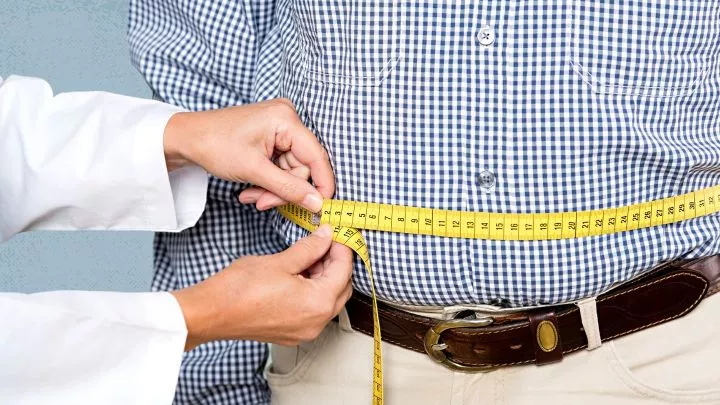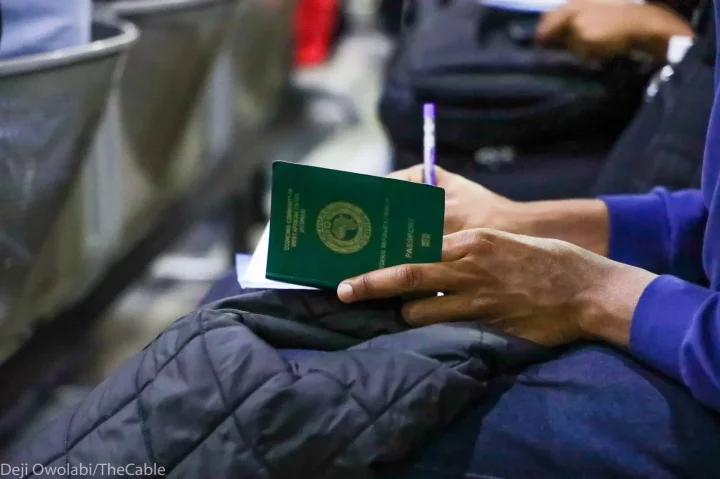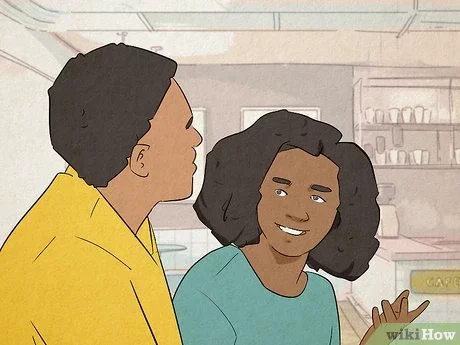
Social anxiety disorder (social phobia) can make one feel scared and self-conscious than other people do in social interactions. This might make daily activities extra challenging and might, in turn, keep one from living life to the fullest.
These seven tips can help you feel better and get through the day.
Prepare
It is important to always plan ahead of any social interactions that might make you feel anxious. Preparing for what is to come can help boost your self-confidence and help you resist the urge to avoid some situations that make you feel nervous. For example, if you're going on a first date and you're scared you'll have nothing in common, try reading magazines and newspapers to find a few topics to talk about. If going to a party or a work function triggers symptoms, do some relaxation or breathing exercises to help you calm down before you leave the house.
Start small
Dealing with social anxiety takes time and practice. One has to be patient and try not to take on your biggest fears at once. Don't jump into a big social situation that doesn't make you feel comfortable just yet. Take your time and build up to it. You can practise eating out in public by going to restaurants with close friends and family, try making eye contact with people on the street or at the grocery store and say hello and if someone starts a conversation with you, ask them questions about their hobbies or favourite places to travel.
Engage in physical activities
Studies have shown that engaging in certain exercises like jogging can help lower overall anxiety and performing certain types of yoga like deep breathing, can help to lower blood pressure and heart rate and may also help improve mood.

Control your breathing
Social anxiety can sometimes result in irregular and uncomfortable changes to your body. It can make your breathing elevated and shallow, make you feel tense, dizzy, or suffocate. This might make you feel even more anxious. Certain techniques can help you regulate your breathing and manage other anxiety symptoms.
Try these steps:
Sit down in a comfortable position with your back straight.
Relax your shoulders.
Put one hand on your belly and the other on your chest.
Breathe in slowly through your nose for 4 seconds. The hand that's on your belly will rise and the one on your chest shouldn't move much.
Hold your breath in for 2 seconds and then slowly let it out through your mouth for 6 seconds.
Repeat this several times until you feel relaxed.
Shift focus off yourself
Pay attention to things happening around you instead of the thought in your head. Focus more on being present and interested, be a good listener by paying attention to the conversations that are happening around you and remind yourself that other people probably can't tell how anxious you are just by looking at you.
Use your senses
Using your six senses whenever you feel nervous or anxious can help calm you down. For some people, looking at a favourite photograph or smelling a certain scent can do the trick. So, the next time you start to feel anxious about a social situation, try listening to your favourite song, chewing a flavourful piece of gum, or snuggling with a pet.
Avoid negative thoughts
These thoughts are mostly wrong and might not necessarily be about you, but about other people and situations. Negative thoughts can make you misread situations and things like facial expressions, which could result in wrong assumptions about people's intentions towards you. One way to avoid negative thoughts is by writing down all the negative thoughts you have in specific situations and challenging them with positive thoughts.















Comments